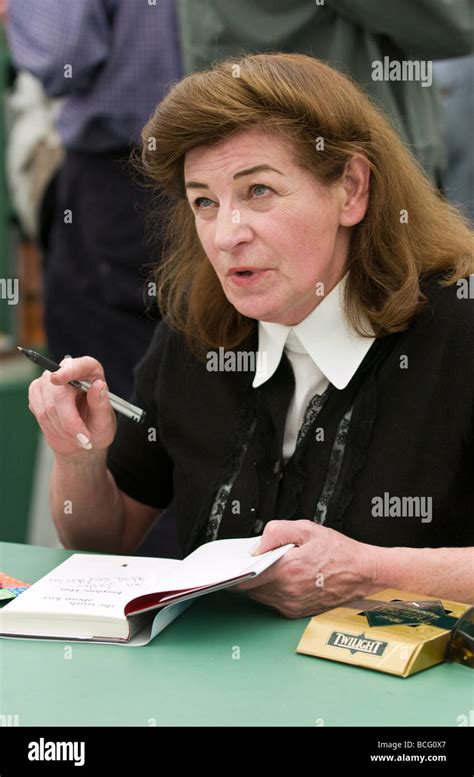A Quote by Sadie Jones
I think that we are all much closer to our childhood selves than we often think, so when we read about childhood, it can surprise us how immediate or moving it is, when perhaps those feelings are just there, waiting to be accessed all the time.
Related Quotes
Strangely enough, for many many years I didn't talk about my childhood and then when I did I got a ton of mail - literally within a year I got a couple of thousand letters from people who'd had a worse childhood, a similar childhood, a less-bad childhood, and the question that was most often posed to me in those letters was: how did you get past the trauma of being raised by a violent alcoholic?
I think writing about the time in Hermione’s life that I write about – growing from childhood into womanhood, literally, I think it? brought back to me how very difficult it is.So much is expected of you as you become a woman, and often you are asked to sacrifice parts of you in becoming a girl, I would say. Hermione doesn’t.
I don't think it's necessary to put your feelings about photography in words. I've read things that photographers have written for exhibitions and so forth about their subjective feelings about photography and mostly I think it's disturbing. I think they're fooling themselves very often. They're just talking, they're not saying anything.
They say that childhood forms us, that those early influences are the key to everything. Is the peace of the soul so easily won? Simply the inevitable result of a happy childhood. What makes childhood happy? Parental harmony? Good health? Security? Might not a happy childhood be the worst possible preparation for life? Like leading a lamb to the slaughter.
I think it shapes it in very deep ways that you don't entirely understand. Rainer Maria Rilke said there are two inexhaustible sources for poetry. One is dreams, and the other is childhood. I think childhood is an inexhaustible source of your becoming who you will be and certain deep feelings are set inside of you.
We've all been disappointed by new installments of the stories we love. But with all this talk of filmmakers 'ruining our childhood,' we forget that right now is someone else's childhood. This is their time. And I have to build something that can take them to the same place those earlier films took us.
I think trauma gets a reductive treatment. We tend to think only violence or molestation or total abandonment qualify as "childhood trauma," but there are so many ruptures and disturbances in childhood that imprint themselves on us. Attachment begets trauma, in that broader sense, and so if we've ever been dependent on anyone, I think there is an Imago blueprint in us somewhere.







































